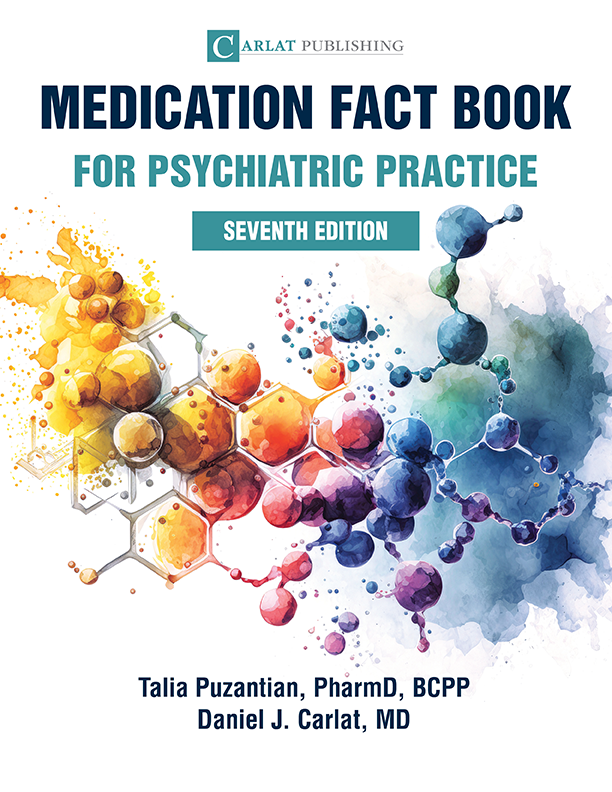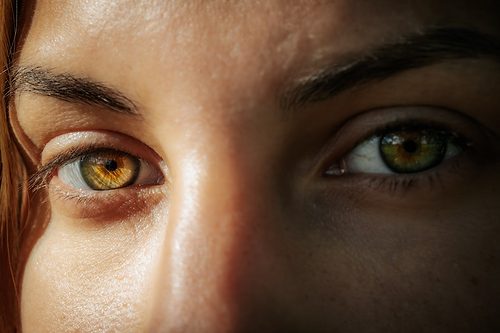General Psychiatry
Does Cognitive Behavioral Therapy Work or Not? The Plot Thickens
Section editor, Glen Spielmans, PhD
Read More
Study Links Ritalin to Sudden Death in Children; FDA Disagrees
Section editor, Glen Spielmans, PhD
Read More

_-The-Breakthrough-Antipsychotic-That-Could-Change-Everything.jpg?1729528747)



